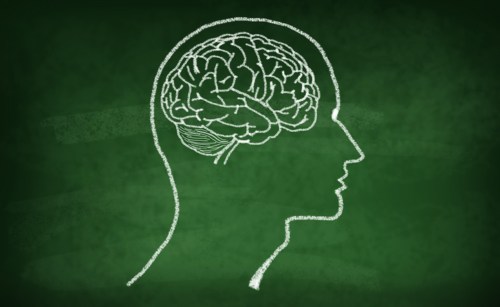 Our brains are the most complex organ in the human body and allow us to hold a vast amount of information. The human brain is designed to store incredible amounts of information. We have many, many memories stored, some that linger forever, a day, or only seconds. The different ways in which we hold memories are categorized into four pieces: sensory processing, short-term memory, working memory, and long-term memory.
Our brains are the most complex organ in the human body and allow us to hold a vast amount of information. The human brain is designed to store incredible amounts of information. We have many, many memories stored, some that linger forever, a day, or only seconds. The different ways in which we hold memories are categorized into four pieces: sensory processing, short-term memory, working memory, and long-term memory.
A healthy memory needs a healthy, strong foundation. In order to understand how to build a better short-term memory, it’s important to understand what, exactly, short-term memory is.
Related Resources: Forgetting Where You Parked … and 5 More Common Signs of Short-Term Memory Loss
What is short-term memory?
There are two significant factors affecting short-term memory: chunk capacity limits (short-term memory can hold around seven pieces of information at a time) and duration (for no longer than 30 seconds).
Imagine sitting in a classroom, taking notes, while your teacher lectures and writes on the board. She writes out an example you want to remember later. You stare at the board, spend a few seconds making note of the example, and then write it down. After writing it down, the example flies out of your brain, only to be replaced by the next bit of information.
This is an example of your short-term memory in action.
Short-term memory acts as a vehicle that gets information into the brain. Most of our learning involves our ability to take in sequences of information that we see and hear. This auditory, verbal, and visual processing determines our short-term memory. How we process what we see and hear is limited by our short-term memory — you only learn what you can process.
Our brains are meant to forget, to an extent. When information is not groomed for long-term memory, our brain’s short-term memory quickly sheds the information that’s not necessary. The problem arises when our brain starts shedding the information just taken in. You can’t remember the paragraph you just read. You forget why you went to the garage. Sound familiar?
There are many benefits to strengthening your short-term memory, even if your memory isn’t breaking down due to age or other factors. One solution to get you the results you’re looking for is Simply Smarter.
Related Resource: 7 Foods Your Brain Wants You to Eat More Of
How can Simply Smarter help?
Through neuroplasticity, our brain has the ability to change. It’s not the static machine scientists once thought it was. Simply Smarter was designed to trigger neuroplasticity and build short-term memory and the other pieces of our cognitive foundation. With daily practice, our brains have the ability to process more and take in longer and longer sequences, or bits, of information. Increase your brain’s ability to learn, grow, and develop with Simply Smarter. Don’t hesitate. Start your free trial now!